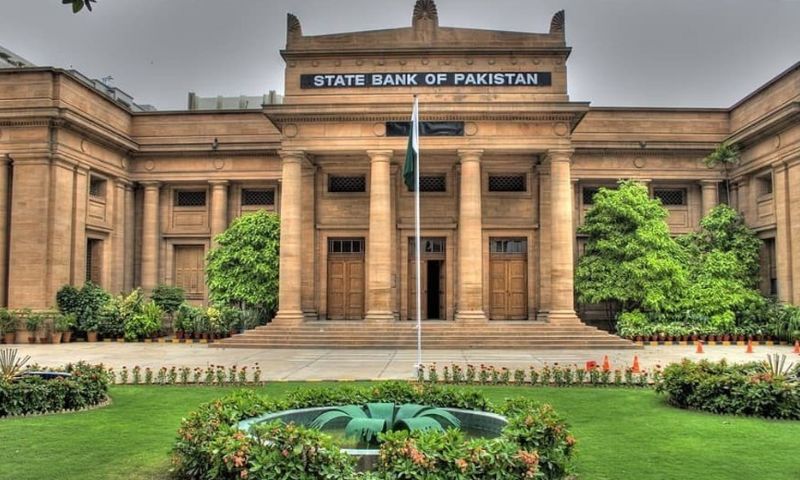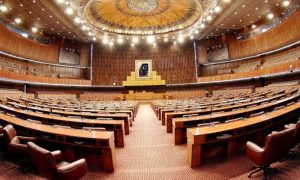KARACHI: The Monetary Policy Committee (MPC) of the State Bank of Pakistan (SBP) on Thursday announced the most aggressive reduction in the key policy rate since April 2020, cutting it by 200 basis points (bps), bringing it down to 17.5%, effective from September 13, 2024.
The SBP’s decision comes as part of its ongoing efforts to address the current economic environment, characterized by a slowdown in inflation and a favorable shift in international oil prices. “At its meeting today, the MPC decided to cut the policy rate by 200bps to 17.5 percent, effective from September 13, 2024,” the central bank stated in its announcement.
The reduction follows two previous rate cuts earlier this year: a 150bps decrease in June and another 100bps reduction at the end of July. The April 2020 rate cut was the last time the SBP implemented such a large reduction when the policy rate was slashed from 11% to 9% during the initial economic shock of the COVID-19 pandemic.
The SBP’s statement highlighted that both headline and core inflation rates had dropped significantly over the past two months. This decline was attributed to several factors, including delays in planned increases in administered energy prices and favorable movement in global oil and food prices. The pace of disinflation has surpassed the MPC’s earlier expectations.
Despite the rate cut, the MPC emphasized the need for a cautious monetary policy stance due to ongoing uncertainties. “There is still an inherent uncertainty, which warranted a cautious monetary policy stance.”
The committee acknowledged that maintaining a tight monetary policy has been crucial in driving the sustained decline in inflation over the past year. “In this regard, the committee underscored the importance of the tight monetary policy stance in driving the sustained decline in inflation over the past year,” it added.
The MPC also noted that current macroeconomic conditions, including a decrease in oil prices and improvements in foreign exchange reserves, have resulted in a positive real interest rate, which is deemed essential for achieving the medium-term inflation target of 5-7% and ensuring macroeconomic stability. “This would be essential to achieve sustainable economic growth over the medium term,” it added.
The MPC’s decision reflects an effort to support economic growth, particularly in the industry and services sectors, by easing inflationary pressures. The committee’s outlook for real GDP growth remains in line with its earlier forecast of 2.5-3.5% for the fiscal year 2025 (FY25).
The SBP also acknowledged favorable global macroeconomic developments, including the significant softening of crude oil prices and the relative easing of global financial conditions. These factors are expected to lead to increased import volumes in line with the domestic economic recovery.
1/3 The Monetary Policy Committee (MPC) decided to reduce the policy rate by 200 bps to 17.5 percent in its meeting today.https://t.co/bOJO6H5tPb#SBPMonetaryPolicy pic.twitter.com/4oGElYWVPa
— SBP (@StateBank_Pak) September 12, 2024
Furthermore, the improved terms of trade, driven by lower oil prices, are expected to help contain the overall trade deficit for FY25. “Going forward, import volumes are expected to increase, in line with the ongoing domestic economic recovery. However, the improvement in the country’s terms of trade, mainly driven by softening crude oil prices, is expected to contain the overall trade deficit in FY25.”
The MPC projected that the current account deficit will remain within the projected range of 0-1% of GDP in FY25, bolstered by robust workers’ remittances and inflows under the IMF programme. This, in turn, is expected to strengthen the SBP’s foreign exchange reserves. “This contained current account deficit, along with the realization of inflows planned under the IMF programme, will help further strengthen SBP’s foreign exchange reserves,” it said.


























